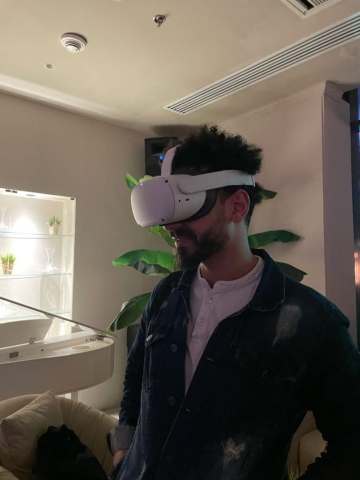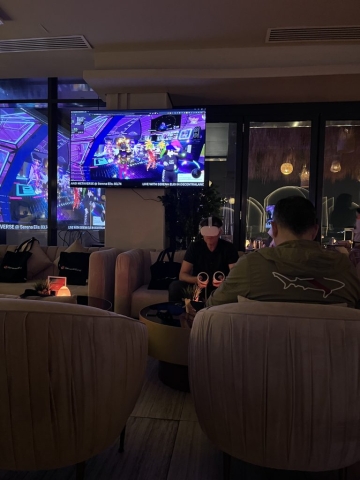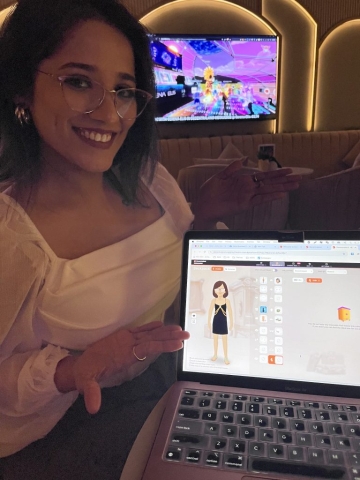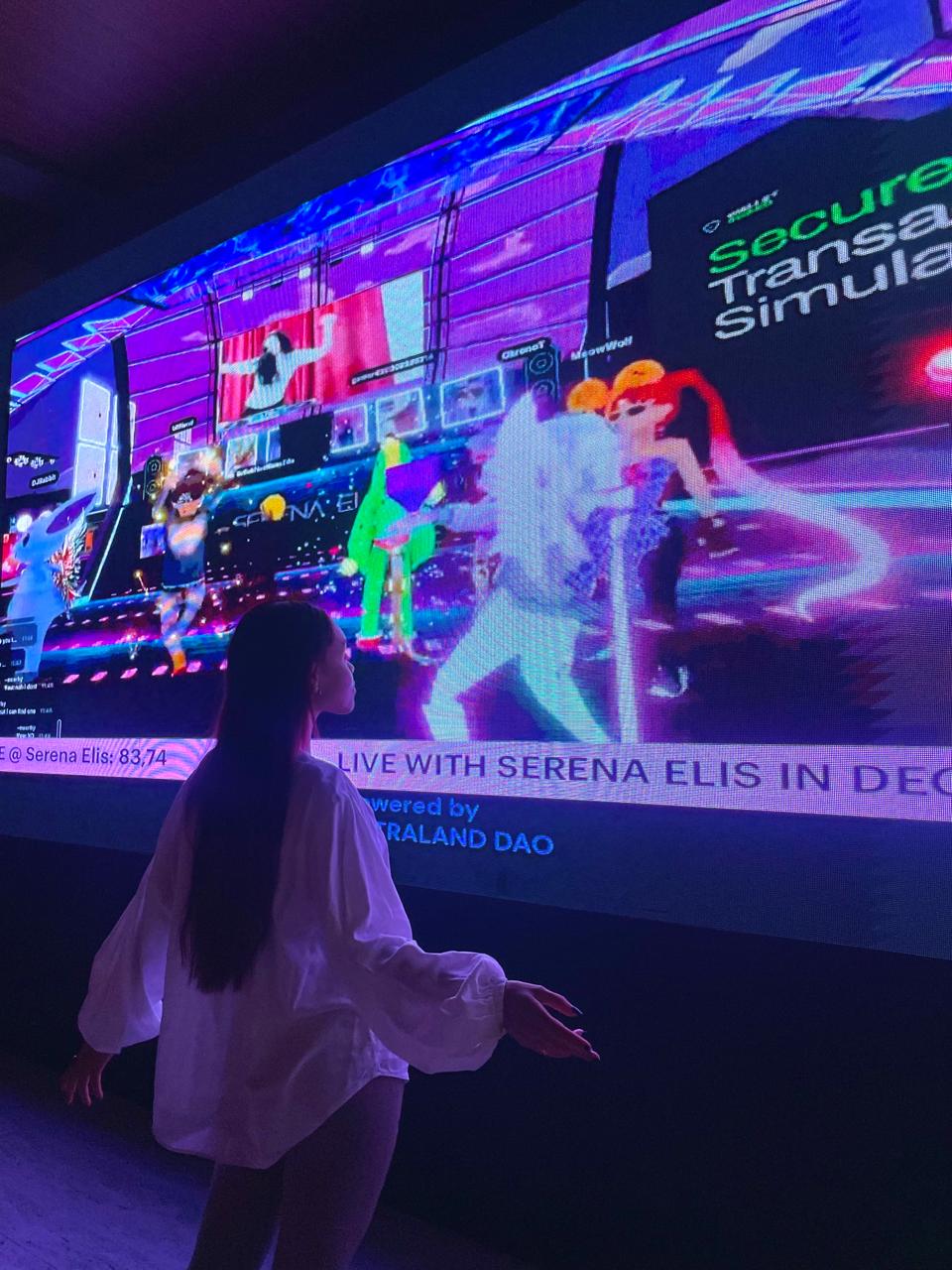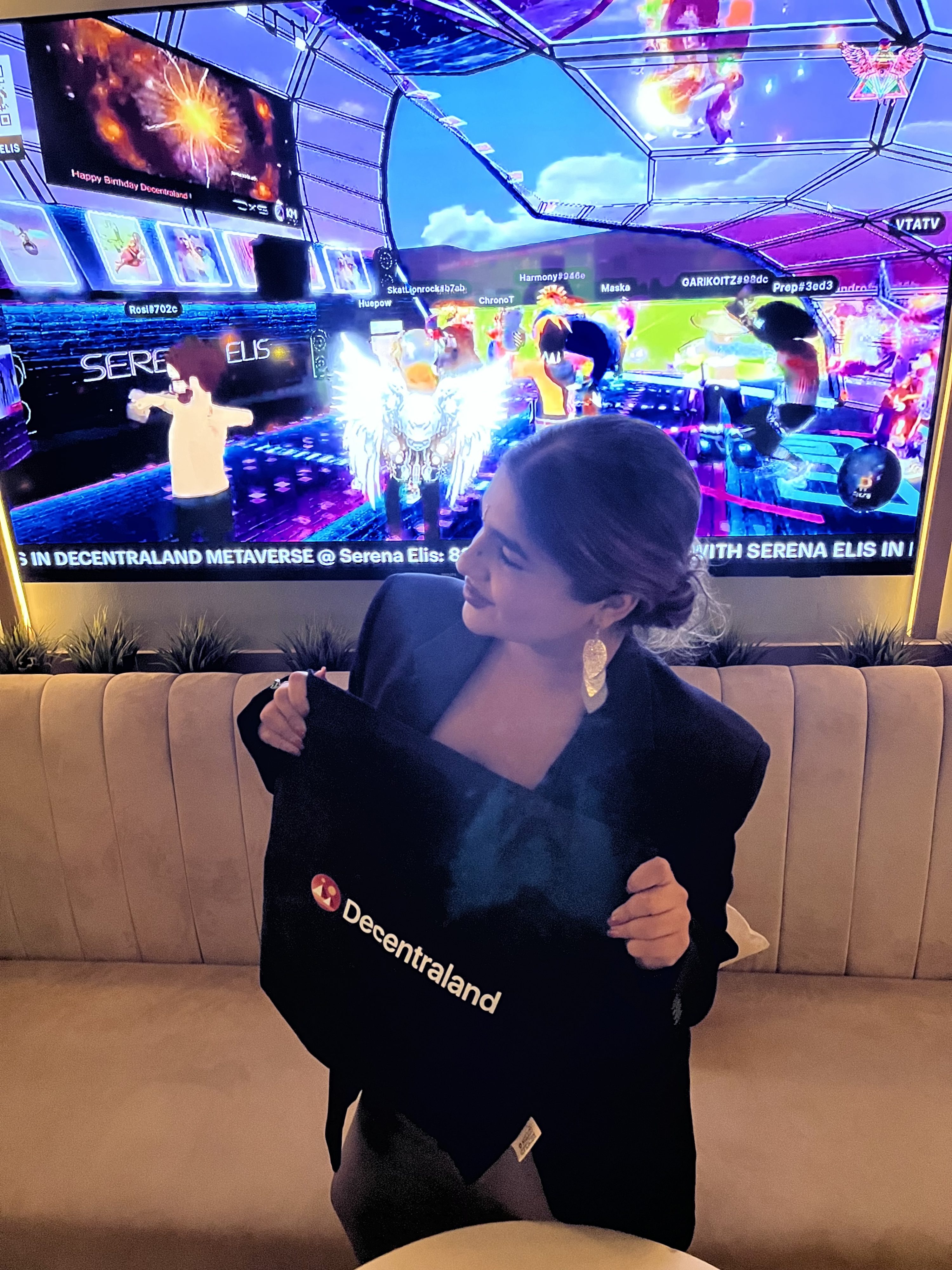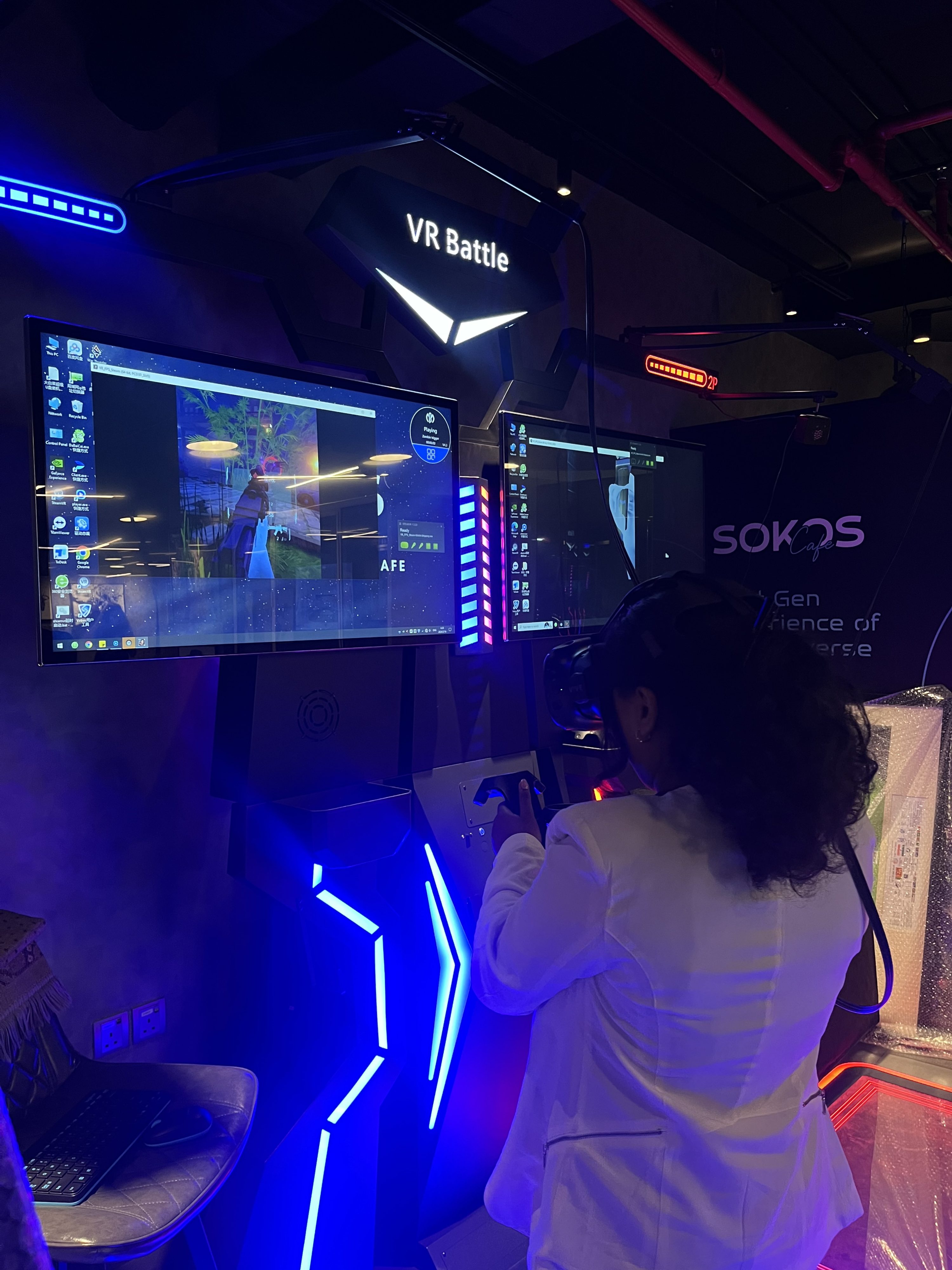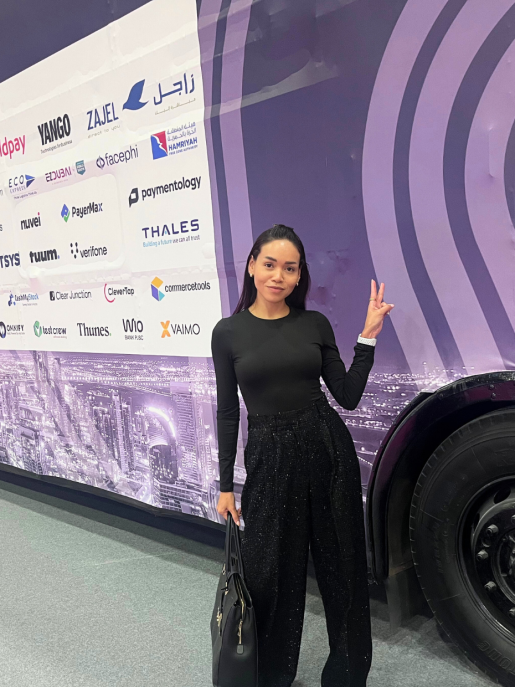In recent years, the convergence of the Metaverse and Web3 technologies has been a hot topic across various industries. As a speaker at the SiGMA Eurasia Conference 2024, I had the privilege of delving into this transformative subject, focusing on how these technologies are revolutionizing the gaming paradigm. This blog post explores the profound impact of immersive technologies on our lifestyle, consumption patterns, and overall experiences, providing insights into the future of gaming and beyond.
The Dawn of the Metaverse: A New Digital Frontier
Understanding the Metaverse
The Metaverse is often described as a collective virtual shared space, created by the convergence of virtually enhanced physical reality and physically persistent virtual space. It includes the sum of all virtual worlds, augmented reality, and the Internet. Unlike traditional internet experiences, the Metaverse offers a more immersive, interactive, and interconnected environment.
The significance of the Metaverse lies in its potential to create a parallel digital universe where users can interact, socialize, work, and play in ways that were previously unimaginable. This new frontier is set to revolutionize not only gaming but also various aspects of our daily lives, from social interactions to commerce and entertainment.
Web3: The Backbone of the New Digital Economy
What is Web3?
Web3, or the decentralized web, represents the third generation of internet services that are powered by blockchain technology. Unlike Web2, which is dominated by centralized platforms, Web3 aims to create a more open, trustless, and permissionless internet where users have control over their data and digital assets.
Blockchain technology is a critical enabler of the Metaverse, providing the infrastructure for decentralized applications (dApps), digital asset ownership, and secure transactions. In the gaming context, blockchain ensures transparency, security, and true ownership of in-game assets, which can be traded or sold in secondary markets.
Revolutionizing Gaming: From Passive Play to Active Participation
Immersive Gaming Experiences
One of the most significant changes brought about by the Metaverse and Web3 is the shift from passive gaming experiences to active participation. Traditional games often follow a linear narrative, with players having limited influence over the game’s outcome. In contrast, Metaverse games are dynamic, allowing players to create, own, and control their virtual experiences.
In the Metaverse, players are not just consumers but also creators. They can design their avatars, build virtual environments, and even develop new games within the platform. This user-generated content fuels a thriving digital economy where players can monetize their creations through blockchain-based marketplaces.
The play-to-earn model is a revolutionary concept that allows players to earn real-world value through their in-game activities. By participating in the game, players can earn cryptocurrencies or NFTs (non-fungible tokens), which can be traded or sold on various platforms. This model incentivizes active engagement and provides new income streams for gamers.
The Impact of Immersive Tech on Lifestyle + Consumption
Redefining Social Interactions
The metaverse is set to revolutionize how we interact with others by utilizing virtual reality (VR) and augmented reality (AR) technologies. These technologies enable users to socialize in immersive environments, effectively transcending geographical barriers. Through virtual events, concerts, and gatherings, people can connect with friends and family in ways that foster a stronger sense of presence and community. These virtual spaces provide a platform for social interaction that mimics, and sometimes even enhances, real-world interactions, making distant connections feel more intimate and immediate.
Virtual Commerce and Retail
The rise of the metaverse is also reshaping the retail landscape, offering consumers new and exciting ways to engage with products. Virtual storefronts and showrooms allow users to browse, try on, and purchase products within a 3D environment. This immersive shopping experience enhances customer engagement by providing a more interactive and personalized shopping journey. For brands, it opens up innovative ways to showcase their products, allowing for detailed demonstrations and virtual trials that can influence purchasing decisions. The metaverse is thus creating a dynamic retail ecosystem where the boundary between physical and digital shopping blurs.
Education and Training
Immersive technologies are revolutionizing education and training by providing highly interactive and engaging learning experiences. Virtual classrooms, simulations, and training modules offer students and professionals hands-on practice in a risk-free environment. This method of learning is particularly beneficial in fields such as healthcare, engineering, and vocational training, where practical experience is crucial. For instance, medical students can perform virtual surgeries, engineers can test designs in simulated environments, and vocational trainees can practice skills without the constraints of physical resources. By making education more interactive and practical, the metaverse is enhancing the effectiveness of training and broadening access to high-quality learning opportunities.
The Future of Entertainment
The entertainment industry is embracing the Metaverse to create unique experiences that go beyond traditional formats. Virtual concerts, festivals, and events allow artists to reach a global audience, while fans can enjoy interactive and immersive performances. This new medium offers endless possibilities for creativity and audience engagement.
The Metaverse is also influencing the film and storytelling industries. Immersive storytelling techniques enable creators to craft multi-dimensional narratives that unfold in real-time. Viewers can explore different storylines and perspectives, making them active participants in the storytelling process.
Despite the promising potential of the Metaverse and Web3, there are significant technical challenges to overcome. These include the need for robust and scalable infrastructure, interoperability between different platforms, and ensuring data privacy and security. Addressing these issues is crucial for the widespread adoption of these technologies.
The decentralized nature of Web3 presents regulatory and ethical challenges. Ensuring compliance with existing laws, protecting user rights, and preventing fraudulent activities are essential for building trust in the ecosystem. Additionally, ethical considerations such as digital identity, consent, and fair use of data must be addressed.
The Metaverse and Web3 offer vast opportunities for innovation across various industries. From gaming and entertainment to education and commerce, these technologies provide a fertile ground for startups, entrepreneurs, and established companies to develop new products and services. Embracing this wave of innovation can lead to significant economic growth and societal benefits.
The SiGMA Eurasia Conference 2024 highlighted the transformative potential of the Metaverse and Web3 in revolutionizing the gaming paradigm. As we continue to explore this new digital frontier, it is essential to embrace the opportunities and address the challenges that come with it. Immersive technologies are not only changing the way we play games but also how we live, consume, and experience products and services. By fostering innovation and collaboration, we can create a more interconnected and inclusive digital future.
As we stand on the brink of this digital revolution, it’s crucial to stay informed and engaged with the latest developments in the Metaverse and Web3. Whether you’re a gamer, developer, entrepreneur, or simply an enthusiast, there’s a role for everyone in shaping the future of this exciting new world. Join the conversation, explore the possibilities, and be a part of the journey towards a more immersive and decentralized digital future.


